Businesses in NSW city at a ‘critical juncture’ to keep their doors open
Businesses in the regional NSW city of Lismore are at a “make or break” point to stay open, three years after record-breaking floods gutted their livelihoods.

Businesses in the regional NSW city of Lismore are at a “make or break” point to stay open, with many still drowning in tax debts and rebuild repayments in the wake of unprecedented floods.
Three years after the city submerged beneath a record 14.4 metres of water in February 2022, damaging thousands of businesses, some locals fear they won’t make it to Christmas if trade doesn’t rapidly pick up, with turnover failing to stack up against the “staggering” post-flood outgoings.
For some, it’s simply too late. Insolvencies climbed in the Richmond-Tweed region in the aftermath of the disaster to 0.3 per cent in the 2023-24 year.
While the Business Confidence Index for NSW rebounded in the December quarter, the Richmond-Tweed was one of three regions that recorded a decline in business confidence.
As business owners continue to pay off rebuild loans, some into the millions, many were also slapped with delayed tax bills at 11 per cent interest, which were stalled at the time of the floods to allow locals to navigate the “life or death” scenario.
Further, those eligible to receive federal government disaster handouts of $50,000 per business were taxed on the grant, which they say barely touched the sides to begin with.
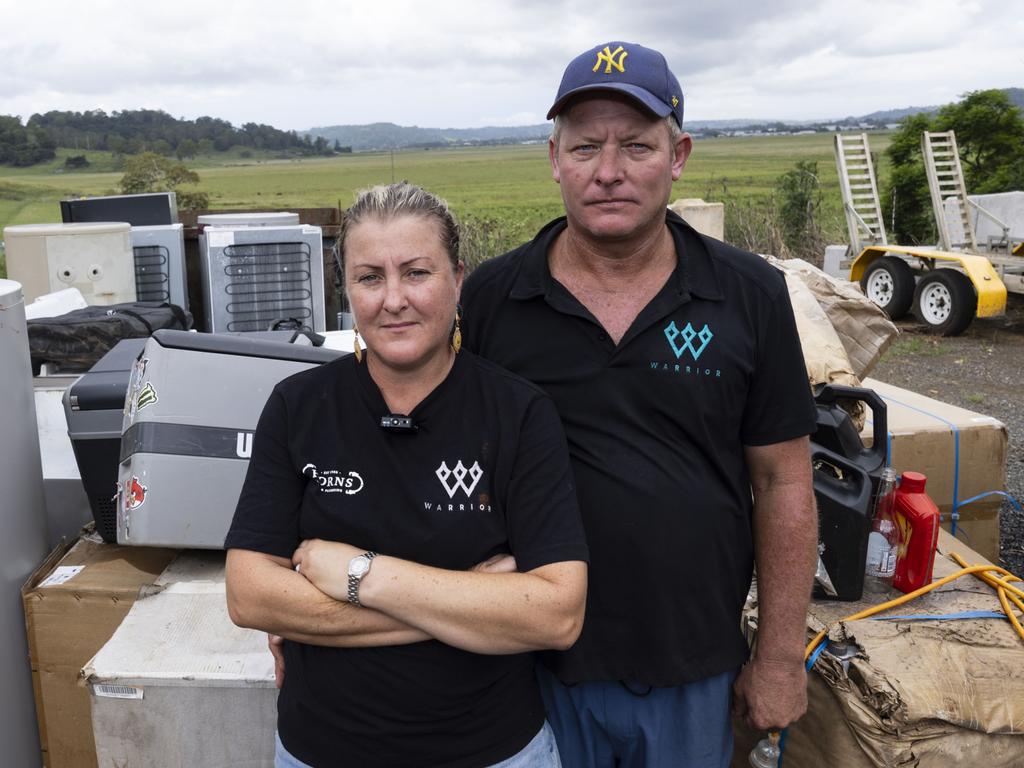
One business told news.com.au it cost more than $2 million to reinvest in his electrical goods store. Another said repair costs of their gutted fruit and vegetable shop totalled $500,000, all while they were still paying off loans from the 2017 floods.
The biggest issue crippling businesses in the region is insurance, with many either unable to afford the sky-high premiums, or they’re ineligible to be covered for flood at all.
A December survey conducted by Business NSW found that 64 per cent of respondents were not fully insured against catastrophic events.
Mayor Steve Krieg is calling on support from state and federal agencies to urgently aid in “revitalising” his city, which is a shell of what it once was thanks to a drawn-out buyback scheme.
Around 600 homes were purchased by the NSW government via its Reconstruction Authority (RA), but most of those properties are still boarded up and fenced off across the city, earmarked for eventual demolition or relocation.
In an interview with news.com.au, Mr Krieg slammed the rollout as a “cock up”, saying it opens the door for people to up and move elsewhere when he argues there is plenty of safe land on higher ground in Lismore.
READ: Squatters take over abandoned Lismore homes
‘We’re leaving the country’: Locals reach breaking point
Any support, for many, is simply too late.
Mother-of-three Hayley Brown, who owns Horns Gas and Plumbing and Warrior Refrigeration with husband Ian Brown, has made the decision to relinquish control of their business and move overseas.
They copped a $1 million hit due to stock loss and rebuild fees, and later, were slapped with a $191,000 tax bill in November 2022 after their Business Activity Statement (BA) was delayed at the time of the floods.
“I told them I didn’t have the money. They [the tax office] decided that I could afford $6000 per month, and they put me on a payment plan for almost two years at 11 per cent interest,” Ms Brown told news.com.au.
“But everything got really tight with interest rates going up, it [business] slowed down and we really started freaking out.
“I had to sell my car. We were paying $20,000 per month including our PAYG, our BAS, and the [payment plan] loan, and that’s not including mortgage or anything.
“It’s been the hardest thing, because I’m so good with money. I’m so conservative. We worked our backsides off to build this business, and to have such a big tax bill that was not because of any bad business decision we made, it was just devastating,” she said.
After both being diagnosed with PTSD late 2023, and on the brink of separating, the Browns knew they’d hit rock bottom.
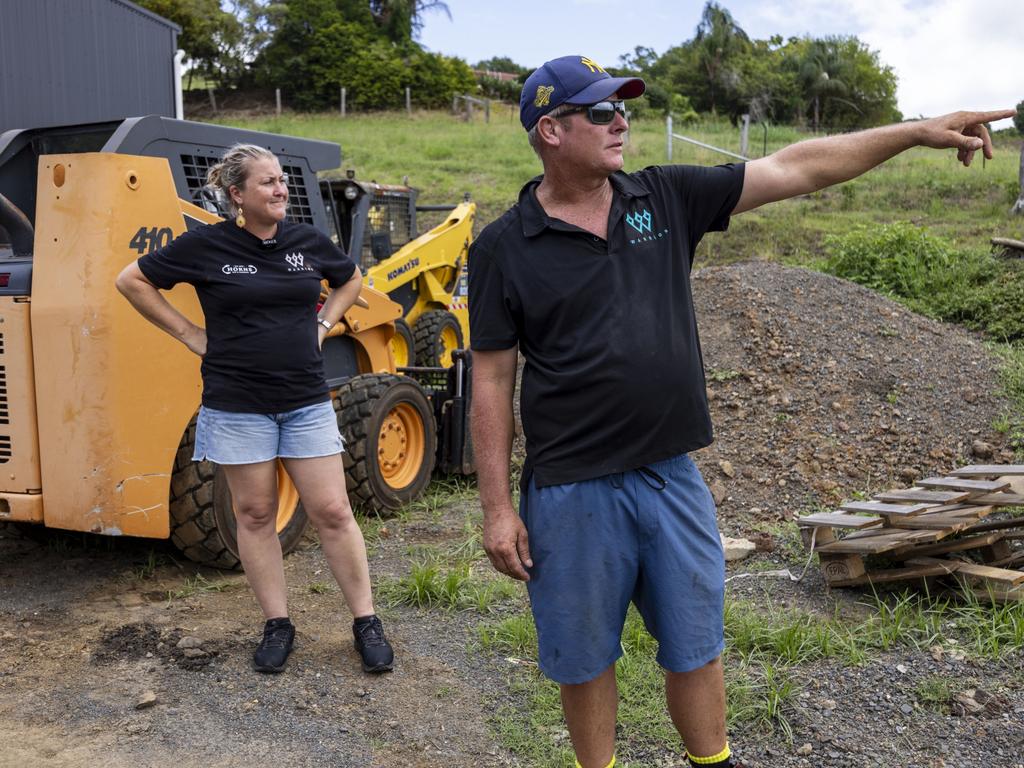
It prompted them to make the drastic call to start afresh with their three young children in Wales, UK, with the move happening in June this year.
“My husband and I, we were just fighting all the time. Drinking. We were either going to get divorced, or make a big life change,” Ms Brown said.
“We just stopped and said, ‘Do we want to sit here and keep paying his debt off? In 15 years, what are we going to regret? What are we going to wish we’d had done that we hadn’t done?’
“The phone’s always going, even after hours. Sometimes I forget to pick the kids up from school. Our oldest son is 14 and it’s just gone so quickly. We want to have the time and patience to make memories with them.”
‘This year will be make or break’
Business NSW Regional Director Jane Laverty, who regularly visits Lismore to consult with locals and the challenges they’re facing, said the bounce back in the area had been “very hard.”
“To make it work, they need 2025 to outstrip anything that they’ve ever done before to give them the funds to get back on top of it,” Ms Laverty said.
“Because not only do they have to manage the costs of running a business today, they’re still paying back on the costs prior. The tax debts. The impacts of Covid and the floods, when they weren’t earning any money but still had costs to business, they’ve had to carry that forward.
“This year will be make it or break it for many of those businesses.”
Lismore-born Lisa Lamarre, who owns the popular French-inspired boutique La Trouvaille in the CBD, has been throwing everything at rebuilding her business, with plans to expand on her own jewellery brand.
She is, however, unsure if her future in the city will be long-term.
“I love my business and it is viable and has survived so much, [but] I‘ll see over the next year or two how things in Lismore play out,” Ms Lamarre said.
“I may be here for the duration and really hope to be. However, business is business and I feel Lismore has still a huge trajectory ahead of it, which may not necessarily be timely for small enterprises like mine.
“Geography may play a role going forward.”
After the floods, the 58-year-old moved from her original shop in the city’s Star Court Arcade to a bigger store nearby, with the rent she now receives aiding in the rebuild.
Still, Ms Lamarre has endured “staggering” losses, in which her first store was “totalled”.
“The only thing we could do was try to clean up and rebuild, since the overheads on the property were still payable whether or not we were trading. [But] to get any shops open or tenanted in the Star Court Arcade required rebuilding the whole thing first, and the costs came down to shop owners themselves,” she said.
“Nine months on, the lights went on and a massive flood sale of goods we could recover and clean helped us inch out of complete annihilation.
“The challenges were many. Getting bills paid for stock which no longer existed, finding enough momentum to keep going back every day and opening, keeping a clear head while the full effects of this horrendous trauma started to present themselves.
“Wondering if Lismore even wanted or needed retail stores in the face of such staggering personal loss. Keeping sane while listening to story after story, each one worse than the last. Trying to meet a market which had shrunk markedly, and changed radically with the financial burdens people were, and still are, lumped with.”
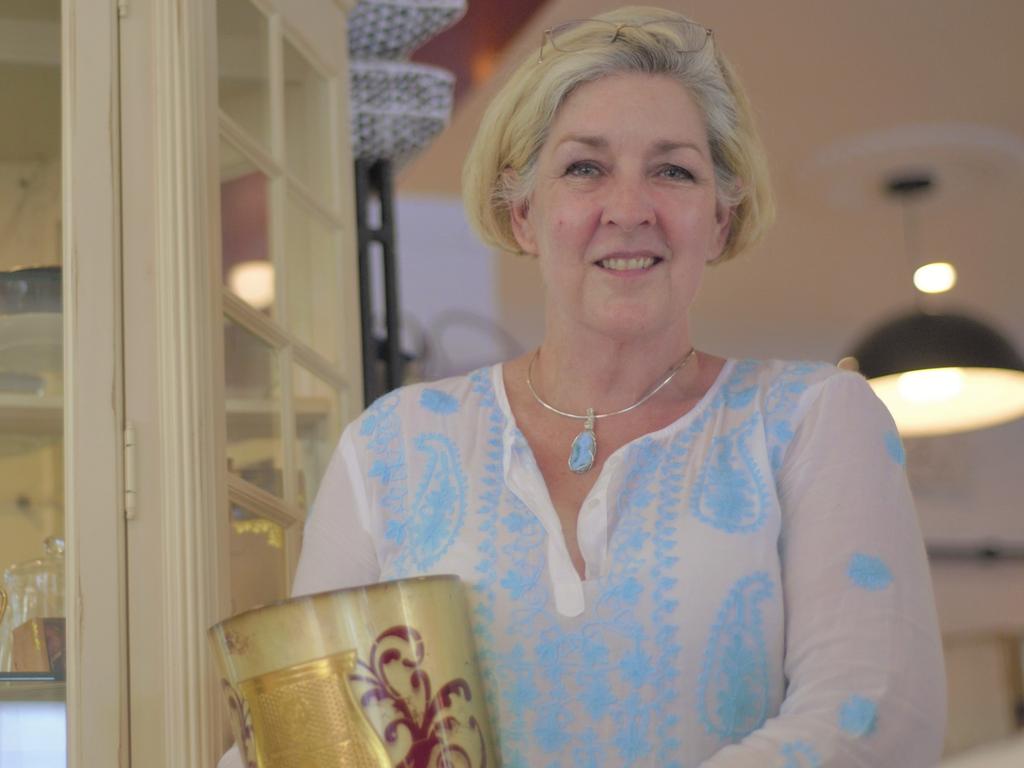
A large percentage of Ms Lamarre’s customers are returning locals, and while she speaks to the enduring support of the community, it’s clear money is tight.
“Peoples’ spending power is severely curtailed while they try to rebuild their lives and businesses,” she said.
“What I do hear over and over is that people are necessarily considering their purchases more than ever. They want, above all, something quality, something that will last, and is repairable if not indestructible.
“We have a community who really love to engage with businesses and owners personally where possible, so we try to offer that little extra.”
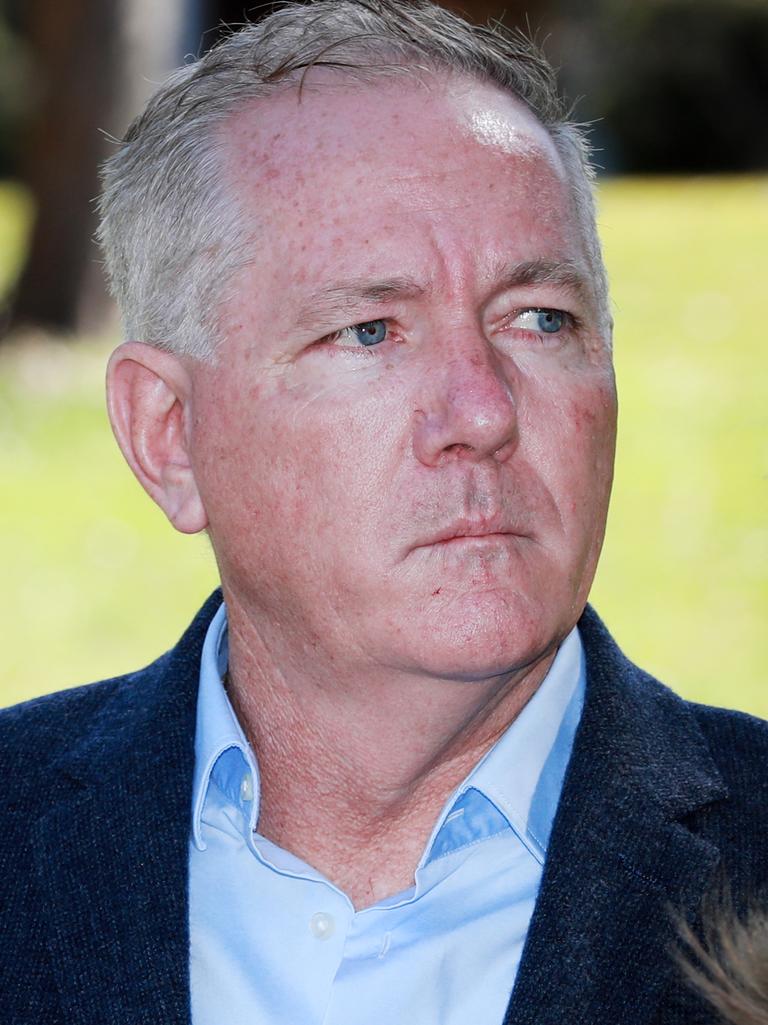
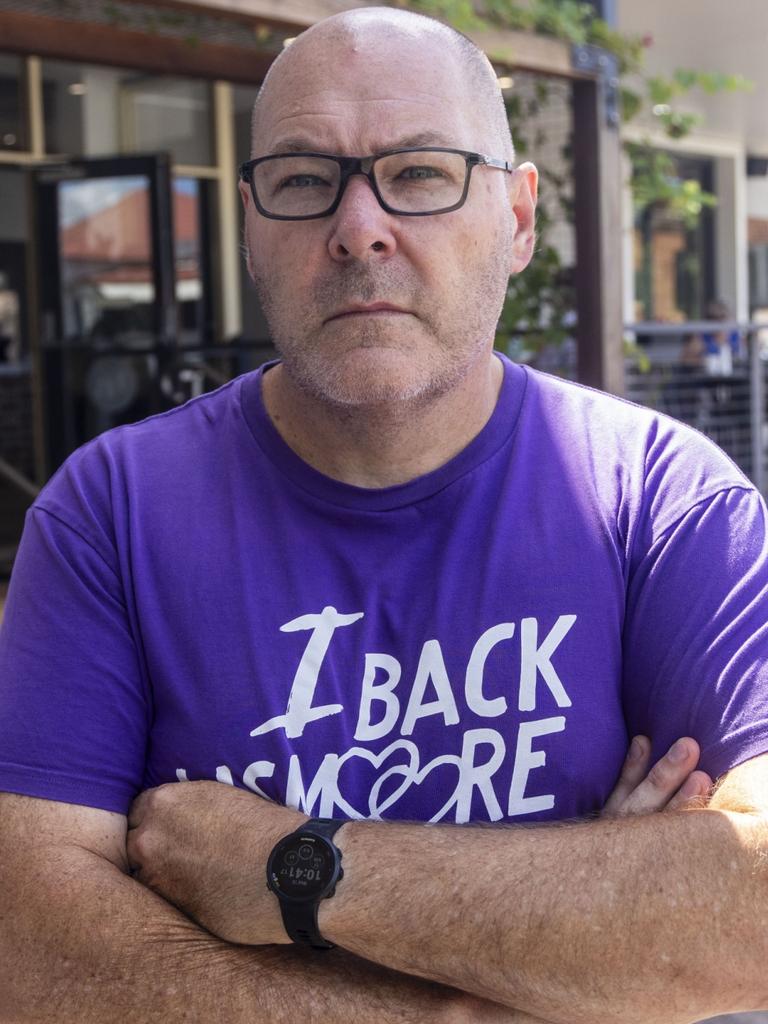
Indeed, Ms Laverty said Lismore relies on consumer spend from people living nearby as opposed to those visiting from afar.
But the mass media coverage from the floods has, unwittingly, had a negative impact on visitation.
“When you’ve had a massive event like we had, and you see all those pictures of devastation of the town and everything outside on the footpath, what happens is, people think, ‘oh, we need to just give Lismore a bit of a break. They’re not ready for us yet,” she said.
“So there’s been a real need for a marketing campaigning to let people know that businesses are open again and are ready.”
Lismore has been lashed with dozens of floods dating back to the 1800s.
Would it be fair for critics to question why anyone would keep living there?
Former NSW police commissioner Mick Fuller, who co-led the 2022 flood inquiry, said it was “much, much more complex” than blaming residents despite the known risks.
“On paper, if you take out humans, it could be right. But just from an Australian perspective, the other fancy term everyone uses is resilience. It’s like it’s this new term, but Aussies have been resilient since for hundreds and hundreds of years,” Mr Fuller said.
“We’ve had famines. We’ve had floods. We’ve had it all. People are enormously resilient.
“Lismore has been flooded multiple times. People build back. They open their town, and they’re proud of their town.
“I think that is much, much more of a complex issue than just ‘move the town’ or ‘it’s their fault’.”
Agencies argue the federal government must invest more in mitigation.
Currently, 97 per cent of disaster money is dedicated to clean-up, with just three per cent spent on mitigation, prompting fears Lismore isn’t equipped for the likelihood of another flood.
“I would love to see some other investment that brings new people into Lismore. It’s a beautiful town. It’s a safe town. There is lots of high ground there as well,” Mr Fuller said.
“Perhaps the [state] government or the federal government could look at acquiring some land that is reasonably priced.
“Billions and billions [has been spent] in this clean-up, but if we just took a percentage of that [money] and did some land buybacks …
“I think for Steve, the mayor, it’s impossible for him to do this on his own, and I think it would be money well spent in a sense that you’re providing affordable housing, which is a huge problem in New South Wales as it is.”




